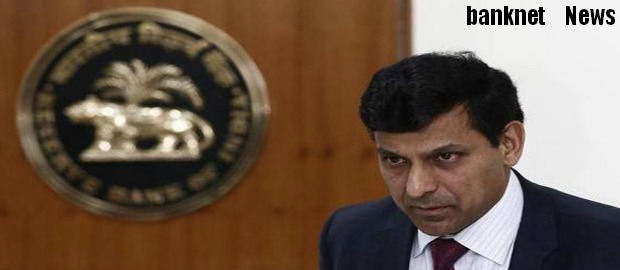

Sixth Bi-Monthly Monetary Policy Statement, 2014-15 By Dr. Raghuram G. Rajan, Governor, RBI - Feb 03, 2015 - Full Text
II. Restructuring
26. At present, implementation of large projects is complex and unforeseen events may cause delays in project implementation, leading to failure in achieving the originally envisaged date of commencement of commercial operations (DCCO). The Reserve Bank has allowed vide circulars dated March 31, 2010 and May 30, 2013, certain flexibility with regard to loans to projects under implementation, wherein DCCO of the projects under implementation along with repayment schedules for such loans are allowed to be shifted to a certain extent without adversely affecting the asset classification of such loans. However, in the case of projects which have been stalled primarily due to inadequacies of the current promoters/management, a change in ownership and management may be required to revive the project. In this context, the new promoters/developers may require additional time to revive/complete the stalled projects. In order to facilitate change in ownership and revival, it has been decided to provide further flexibility by allowing a further extension of the DCCO of such projects where a change of ownership takes place, without adversely affecting the asset classification of loans to such projects, subject to certain conditions. Operating guidelines in this regard will be issued shortly.
27. According to Section 19(2) of the Banking Regulation Act 1949, banks are allowed to hold shares in a company, whether as pledgee, mortgagee or absolute owner, up to an amount not exceeding thirty per cent of the paid-up share capital of that company or thirty per cent of their own paid-up share capital and reserves, whichever is less. Banks can also acquire shares of a borrowing company by way of conversion of debt into equity, following prudential guidelines on restructuring of advances by banks and financial institutions, subject to conditions mentioned therein. However, the acquisition of shares of listed companies by conversion of debt or by any other means is required to conform to the Issue of Capital and Disclosure Requirements (ICDR) Regulations and the Substantial Acquisition of Shares and Takeovers (SAST) Regulations. Very often, the share prices of companies whose debt is being restructured, in accordance with the stipulations of ICDR Regulations are found to be not in consonance with their intrinsic value. This results in upfront allocation of disproportionate share of loss on restructuring to banks. In view of the above, the Reserve Bank is consulting with the SEBI for waiver, under certain specific circumstances, of the requirement of compliance with the ICDR and SAST Regulations, for conversion of debt into equity. Detailed guidelines will be issued within three months.
28. Under the Framework for Revitalising Distressed Assets in the economy, banks were allowed in February 2014 to reverse the excess provision on sale of non-performing assets (NPAs) to securitisation companies/reconstruction companies when the cash received (by way of initial sale consideration and/or redemption of security receipts/pass-through certificates) is higher than the net book value (NBV) of the asset, with a view to incentivising banks to recover appropriate value in respect of their NPAs, subject to certain conditions. This dispensation was, however, available on a prospective basis, i.e., only with regard to NPAs sold on or after February 26, 2014. On a review and based on banks’ representations in this regard, it has now been decided to extend the above dispensation to NPAs sold prior to February 26, 2014 also. Detailed guidelines to this effect will be issued shortly.
Sixth Bi-Monthly Monetary Policy Statement - GO TO MAIN PAGE
Assessment of the Indian Economy ... Read more
Policy Stance and Rationale ... Read more
Financial Markets ... Read more
Restructuring... Read more
Banking and Financial Structure
RBI Monetary and Credit Policies (1999-2015) - Notifications, Press Releases, Reports - Click here

BANKING

FINANCE

INSURANCE

TECHNOLOGY

Foreign Exchange


